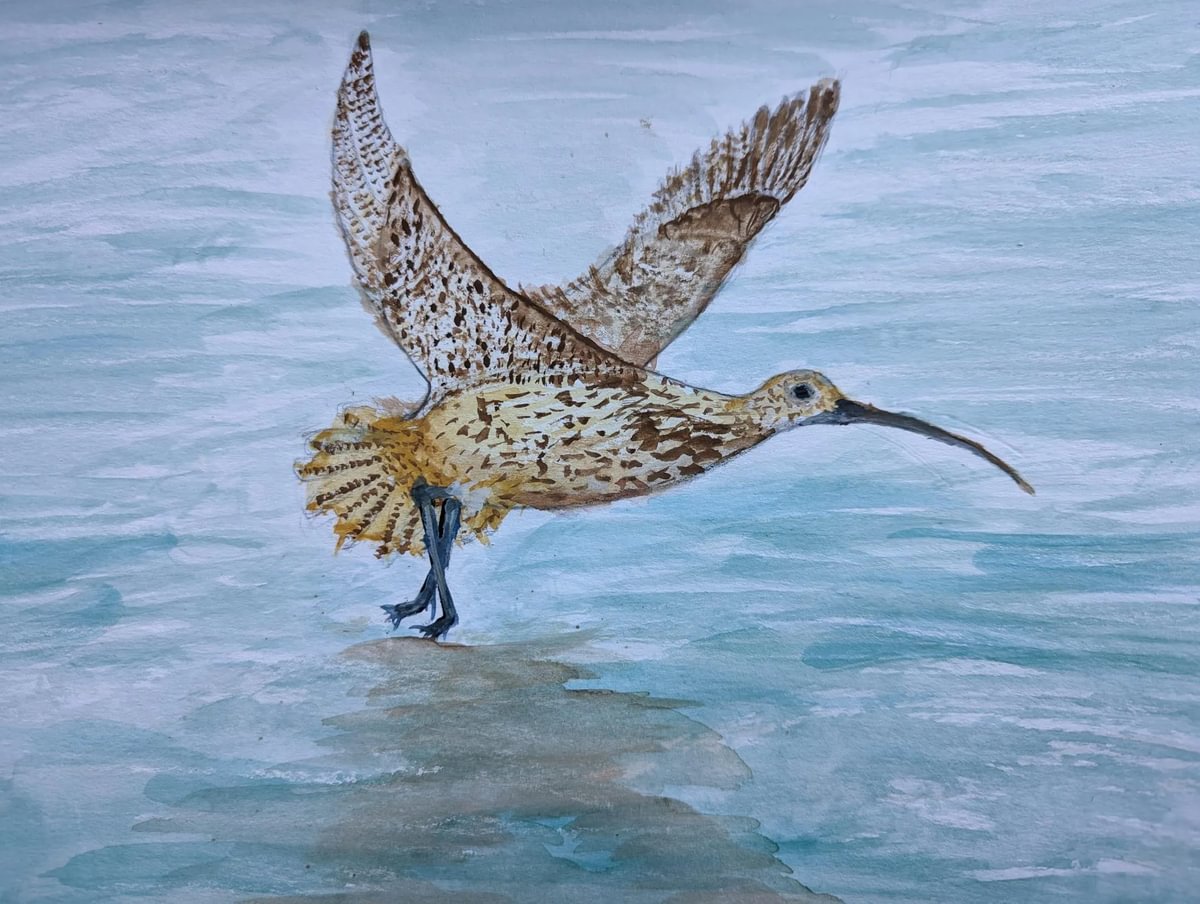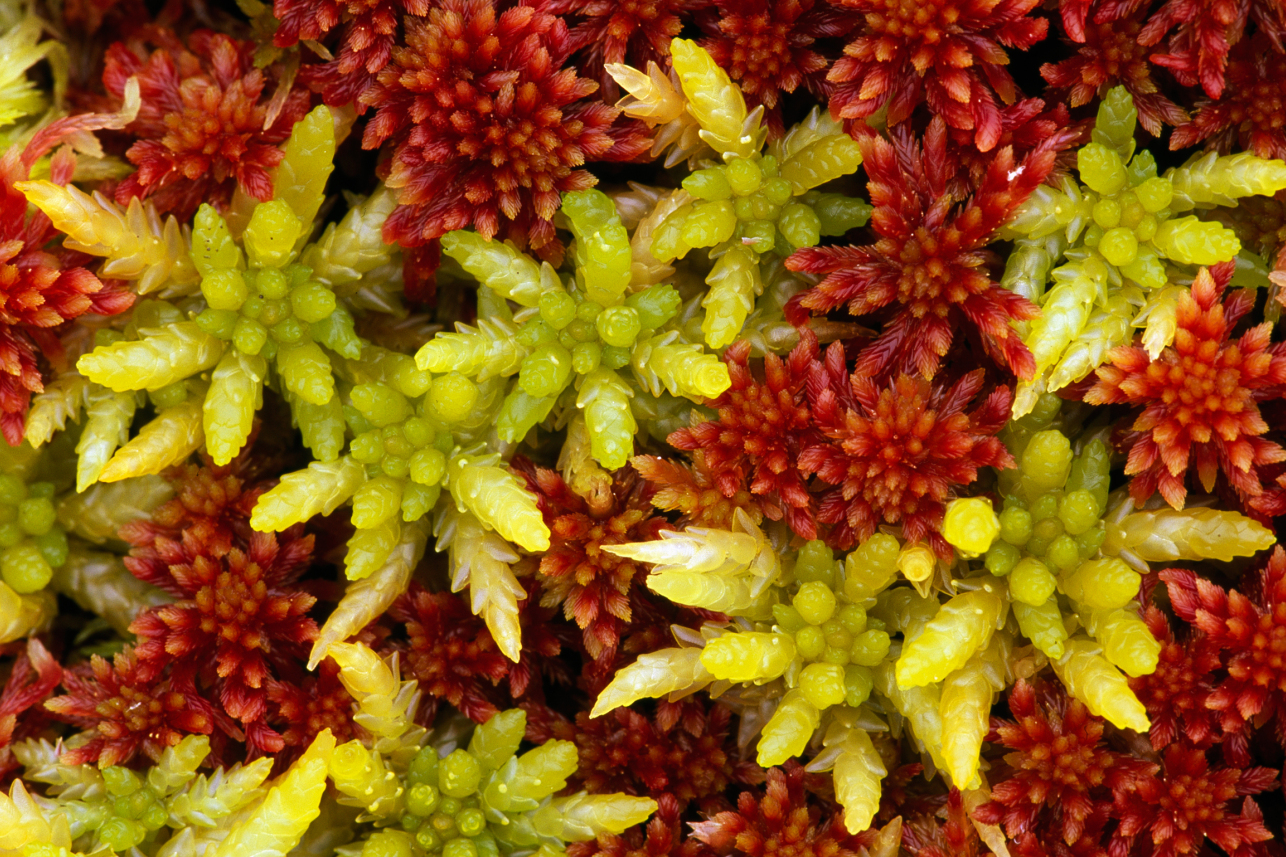Interview: Samuel Heath on 'Curlew'
Our Creative Freedom Art Exhibition has lots of fantastic pieces on display celebrating the theme of ‘freedom for wild places’. Here's what our Under 17’s category winner, Samuel Heath, said about his watercolour painting ‘Curlew’.
What inspired you?
The inspiration for my work came from two people living in my local village. The two women were some of the local bird surveyors and had come into my school to give a talk about curlews on World Curlew Day. I instantly loved the bird and its unique call, so I decided to paint it.
What was your creative process like?
Well, I started off by searching the internet for pictures of curlews to copy. However, I soon realised that the internet could not offer the picture I had in my head so I had to mentally merge two images together before sketching out the outline of the bird in pencil. Then I began painting the base colours in watercolour before adding detail in a finer brush and finishing off with the watery background.
How did wild places influence your creative process?
I sat facing an open window so I could see outside and had the constant chatter of birds emanating from the opening. Unfortunately, none of that was of a curlew as I live much further inland than their habitat.

What is the message of your work?
I want to show everyone how incredible the curlew is and how important it is that we conserve the species, as life - human, animal and plant - all depend on it.
What does freedom for wild places mean to you?
Freedom for wild places has many aspects in my mind. People need to manicure the “wild” less and just let the flora and fauna flourish in nature’s intended way. Another related point is that I believe humans shouldn’t do things to decrease biodiversity like releasing game birds or planting great swathes of unnatural forest for the timber industry or when some parts of agriculture don’t consider the bigger picture for nature.
I also believe we should have a right to roam freely over the countryside, whilst being taught universally to consider and respect it. Access to nature should be free and available to everyone as well, as it is an integral part of our mental wellbeing. Too often and in too many areas the high costs of parking and/or entry, or access via public transport is nearly impossible!
To conclude, we need to leave nature alone unless it is guaranteed that we are helping it. Understanding through education how to respect and protect nature is vital and it should be free to access.
- Visit our Creative Freedom exhibition at the Wild Space visitor centre in Pitlochry until 28 June 2024.
